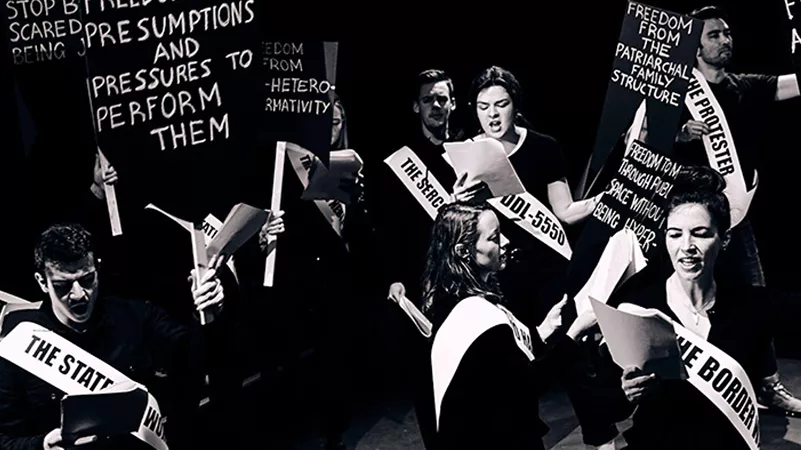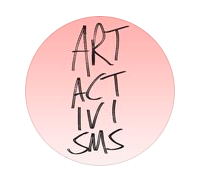
Art Activisms
Artists as cultural practitioners have come to occupy a variety of roles - educators, campaigners, protesters and, in some cases, active politicians. These developments have generated a series of often direct relationships between art as a practice and activism as a social process, often seeming both interchangeable and mutually supportive. Researchers in Art Activisms focus on the impact of these activities and the role of art practices in representing and participating in some of the key political debates of our time.
Since the turn of the new millennium, we have seen artists increasingly engage directly with political issues. These forms of engagement were notable from the 1970s onwards but, more recently, they have been extended to include the impact of globalization, migration, decolonization, racism, gender, digitization, biopolitics, environmentalism and their cumulative impact on our lives and communities. Our research focuses on the degree to which art as a form of activism reflects upon and intersects with key social, political, economic and historical concerns.
As a research cluster we have a wide-ranging and exciting portfolio of collaborative partners regionally, nationally and internationally that includes other educational institutions, as well arts and cultural organisations. Our cluster members and partners include established academics, practising artists, campaign groups, activist organisations, doctoral and emerging researchers, to ensure that a diversity of voices address these and other concerns.
Research in Art Activisms takes many forms: through quarterly research seminars and other events, we investigate ideas through presentations, art practice, collaborations, theory, and writing. We also share and disseminate our research as art works, performances, exhibitions, installations, events, catalogue essays, journal papers and books.
















